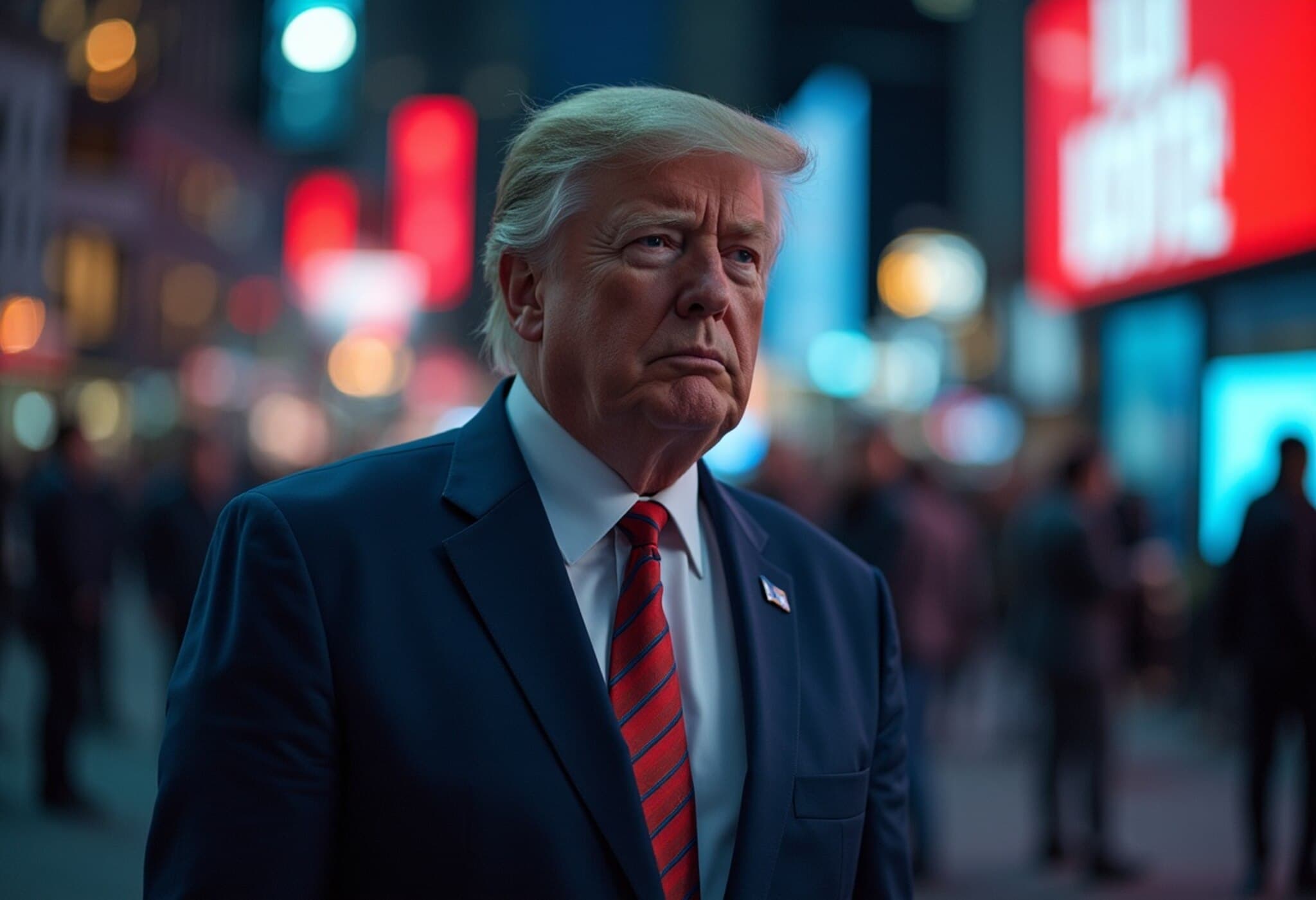Promising Fashion Entrepreneur Charged in Massive $300 Million Fraud Case
Christine Hunsicker, once celebrated as a trailblazer revolutionizing the fashion rental industry, now faces serious legal trouble. The founder of CaaStle, a company that offered women a Netflix-style subscription to rent clothing, has been arrested amid allegations of defrauding investors of a staggering $300 million.
From Fashion Visionary to Fraud Defendant
Hunsicker’s ascent was meteoric. She captured the imagination of both Silicon Valley investors and renowned fashion brands like Ralph Lauren and Ann Taylor, reshaping how consumers approach apparel. A frequent TED speaker, she embodied a new wave of entrepreneurs blending technology with lifestyle.
However, prosecutors in New York allege that her public success masked a deeper deception. According to U.S. Attorney Jay Clayton, Hunsicker fabricated financial documents, forged audits, and misrepresented her company's fiscal health to attract and placate investors as the business deteriorated behind closed doors.
The Collapse of CaaStle: Business Failure or Elaborate Scheme?
In reality, CaaStle was on the brink of collapse, having recently filed for Chapter 7 bankruptcy—a clear indication it would cease operations completely. Prosecutors contend the downfall wasn’t merely due to a flawed business model but was exacerbated by Hunsicker’s alleged repeated dishonesty.
Testimonies suggest that even after being removed as chair and instructed to halt fundraising, she continued to secure investments with inflated revenue claims and fabricated cash flow figures. By April 2025, mounting allegations and civil lawsuits forced her resignation amid intensifying scrutiny.
Legal Charges and Potential Consequences
On July 18, 2025, Hunsicker surrendered to authorities facing multiple federal charges: wire fraud, securities fraud, money laundering, making false statements to a bank, and aggravated identity theft. The severity of these allegations could result in sentences ranging from 20 to 30 years in prison, with specific charges carrying mandatory minimum prison terms.
Defense Response and Broader Implications
Represented by attorneys Michael Levy and Anna Skotko, Hunsicker maintains her innocence, describing the indictment as a “distorted and incomplete picture.” They assert that she has been cooperative with the investigation and plan to vigorously contest the charges.
This high-profile case highlights risks investors face in the fashion-tech crossover sector where hype can sometimes overshadow financial realities. It raises critical questions about due diligence in startup investing, especially as hybrid business models gain popularity in reshaping traditional industries.
Expert Insight: Lessons for Investors and the Fashion Industry
From a policy perspective, this case underlines the need for robust regulatory oversight in emerging market sectors like subscription-based fashion. Analysts note that this form of fraud, involving falsification of growth metrics, is increasingly common among companies seeking rapid scale.
Meanwhile, for consumers and brands, the fallout serves as a cautionary tale about the volatility underlying trendy business models that disrupt conventional patterns. Trust, transparency, and accountability remain crucial to sustaining innovation in fashion and beyond.
Summary
- Christine Hunsicker, founder of fashion rental startup CaaStle, has been arrested for allegedly defrauding investors of $300 million.
- Prosecutors claim she falsified financial data while the company was insolvent and continued misleading investors after being removed from leadership.
- She faces charges including wire fraud, securities fraud, money laundering, and aggravated identity theft, with possible decades in prison.
- Her legal team disputes the allegations, promising to present a fuller narrative.
- The case spotlights the investment risks in innovative fashion-tech businesses and the importance of regulatory vigilance.
Editor’s Note
Christine Hunsicker’s dramatic fall from fashion innovator to fraud defendant invites us to reflect on the complex dynamics between visionary entrepreneurship and ethical accountability. When groundbreaking business ideas intersect with vast investor funds, transparency becomes paramount—not only to protect stakeholders but to foster genuine, sustainable innovation. As the legal process unfolds, stakeholders in fashion, tech, and finance sectors would benefit from scrutinizing due diligence procedures and regulatory frameworks to prevent future breaches of trust.












